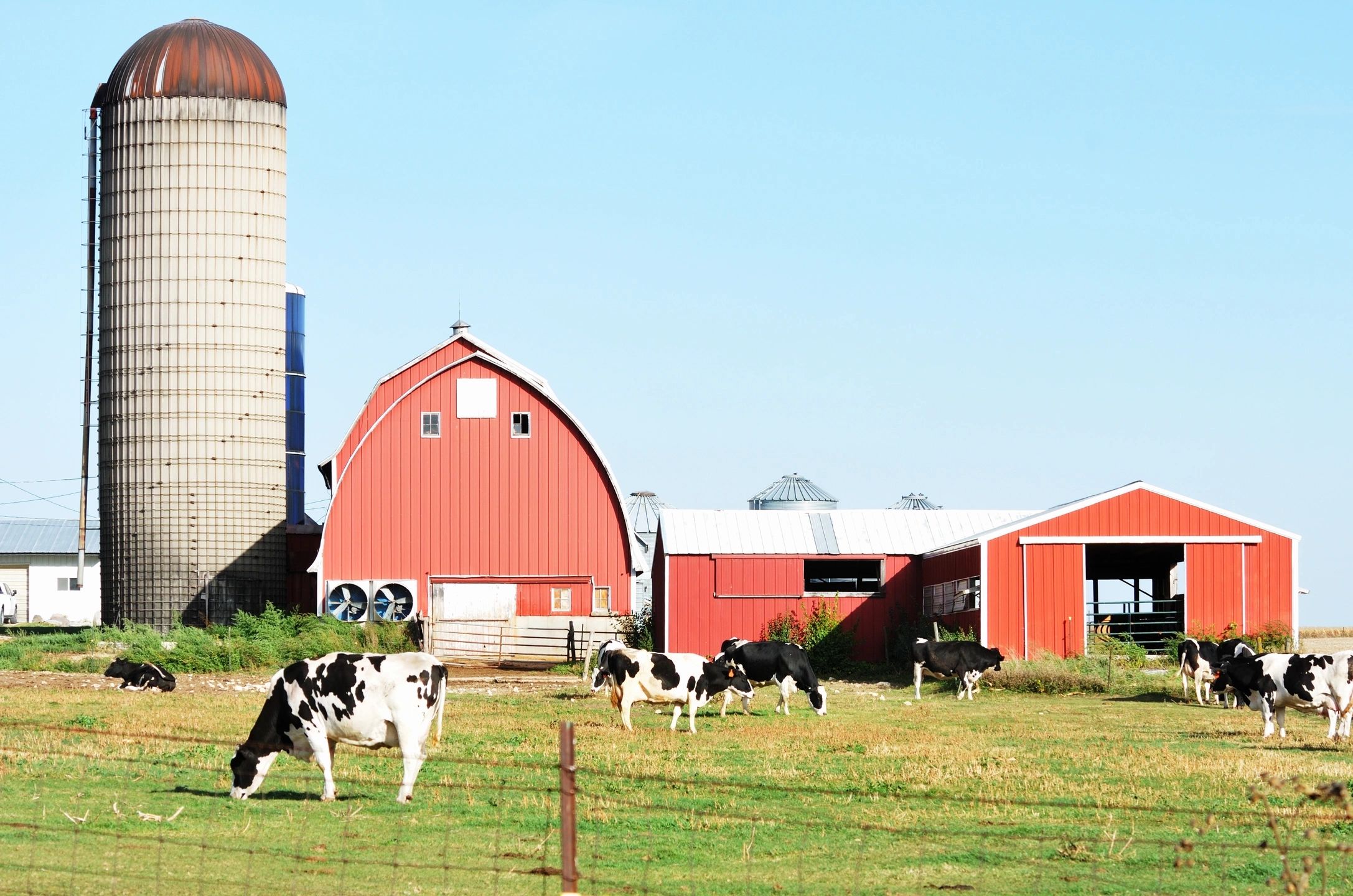How my work with the ASPCA has changed how I eat: What to know about factory farming
I’m a foodie and beef is my comfort food. There. I said it. BUT, as a volunteer with the ASPCA and a HUGE animal advocate, I’ve learned so much about commercial farming practices that I’ve decided to eliminate, or seriously stem, animal products from my diet. So I wanted to share some of my insights with you about raising animals for food and eliminating meat from your diet. I’ll stop short of saying I’m going vegan because, well….cheese! No, seriously, I don’t want to be so restrictive with my diet that I fail. But from what I’ve learned about how cows, chickens, and pigs are treated, I’ve definitely decided to attempt to stop eating those meat products. For now, I’ll keep cheese, eggs, and honey in my diet.
My daughter has been a vegan for 15 years after battling migraines as a teen. Eating a cleaner diet has certainly helped to alleviate those headaches – but truth be told, being vegan created a much bigger headache for things like college and travel (but that’s another post).
Why factory farming animals for food is bad
First, let’s talk about commercial farming. Here’s a stat from the ASPCA you need to know: “In polling, 94% of Americans agree that animals raised for food deserve to live free from abuse and cruelty. Yet the majority of the nearly 10 billion land-based animals, plus countless more aquatic animals, farmed for food each year in the U.S. are suffering on factory farms.”
According to the ASPCA, “Factory farm” is a term commonly used to describe an industrial facility that raises large numbers of farm animals such as pigs, chickens or cows in intensive confinement where their movements are extremely inhibited. Animals are kept in cages or crates, or are crowded together in pens.” I’ll spare you some of the gruesome, heart-wrenching details but I’m sure you’ve seen firsthand or in photos how chickens are raised, how cows are slaughtered, and more.
I really encourage you to read about factory farming and the horrific practices that go on. Don’t tell me you buy “free-range,” “grassfed,” or “cage-free.” These terms are overused and misleading so make sure you know exactly what you’re buying. For chickens, “cage free” and “free range” simply mean that cages are prohibited but that doesn’t mean the chickens are outdoors and wandering freely across a bucolic pasture. Read the ASPCA’s Understanding Egg Labels. The organization also puts out an Understanding Beef Labels report and you’ll be surprised to know how those terms don’t mean what they’re purported to mean.
EVERYONE should be using the organization’s Shop with Your Heart standard when grocery shopping. If you really want to help reduce factory farming and improve conditions for farmed animals, please visit the ASPCA site and learn about the farm bill and use the site’s tools to reach out to your legislators to encourage their support.
Ok, I’ll step down off that soapbox and get on a new one. I’m not going to tell you to stop buying or eating meat, but even reducing the amount you eat can save lives.
How I’m eating more plant-based foods
I love vegetables so taking more a plant-based approach to eating is pretty easy for me. But eating more veggies takes a bit more planning and prep than popping a burger onto the grill. For the past few weeks, I’ve been ordering Purple Carrot, a plant-based meal delivery service. I’ve used Purple Carrot off and on for years and the food is really spectacular and quite imaginative. I’m working a full review of the service but I recently enjoyed Ranchero Bowls with Cumin Roasted Vegetables & Serrano Yogurt, Lemon-Basil Mafaldine with Asparagus & Corn, and Black Bean Burgers with Mojo Verde Aioli & Oregano Fries. Truth be told, I actually prefer a veggie burger to a beef burger these days. I’ve also rotated between Martha Stewart’s Marley Spoon and Hello Fresh, selecting vegetarian options.
I’ve “gone vegan” for weeks at a time in years past and here’s a post I wrote with some tips on eating more veggies. My husband still eats (wants) meat so I’m working on some recipes that are a “Flexitarian diet,” which focuses mostly on plant-based foods with some (minimal) meat and animal products. For example, I’ll make veggie fajitas but add some shrimp or chicken to his serving.
If you’re interested in the welfare of farm animals or trying to find ways to eat fewer animal products, drop me a comment here about what you’ve learned.

